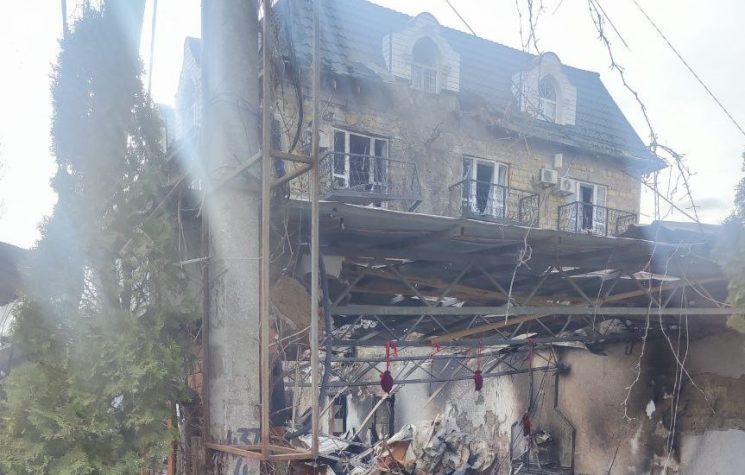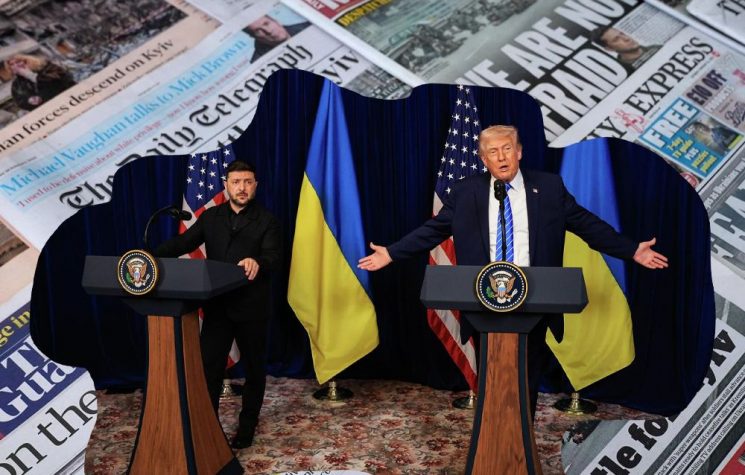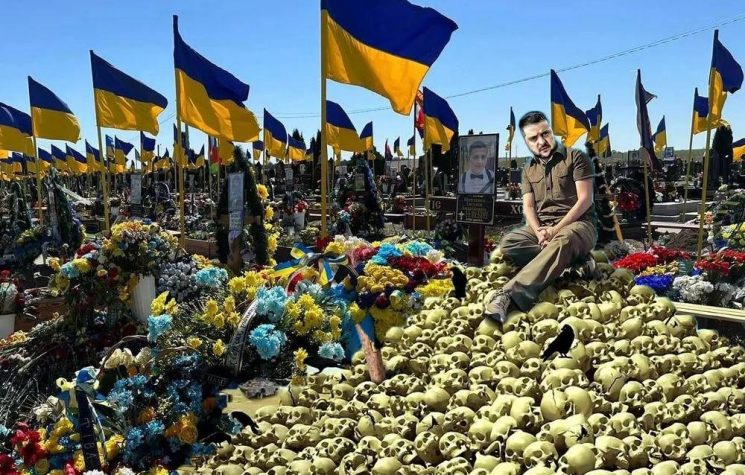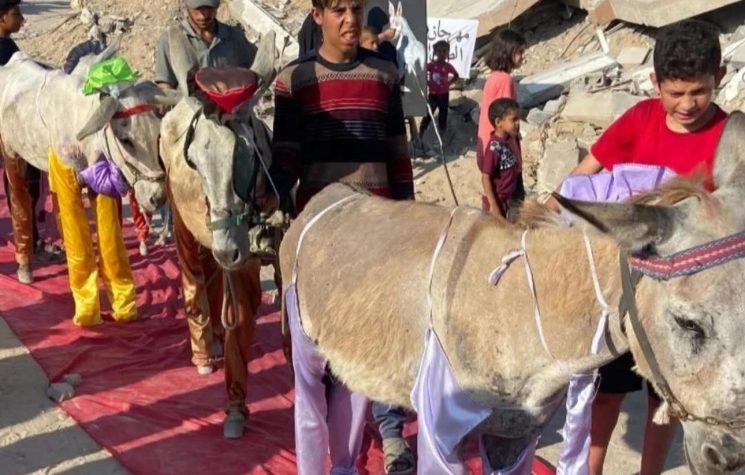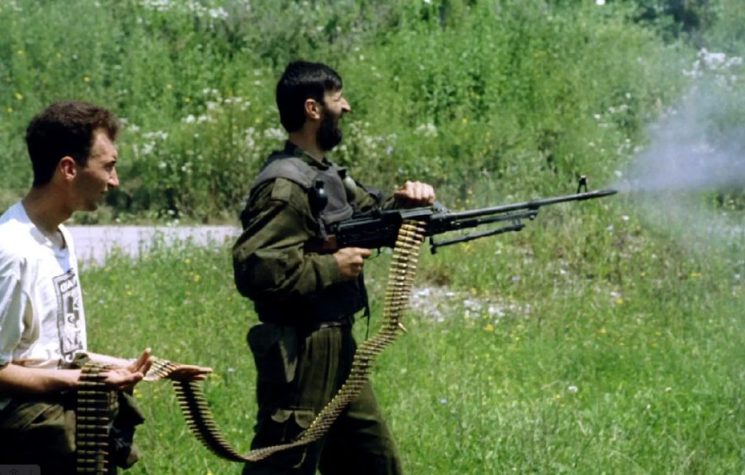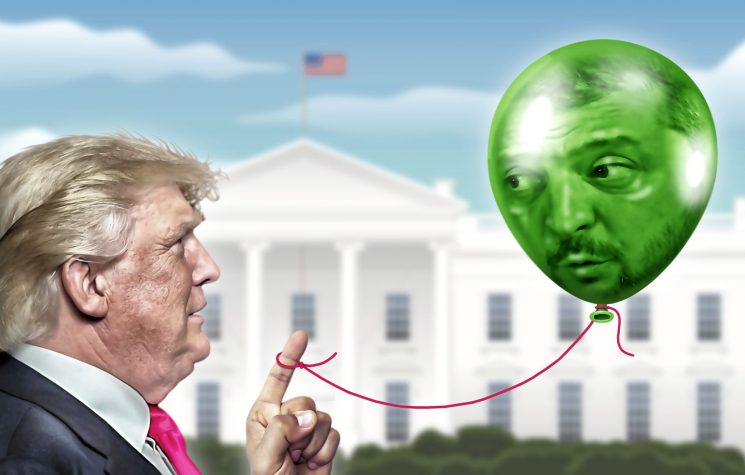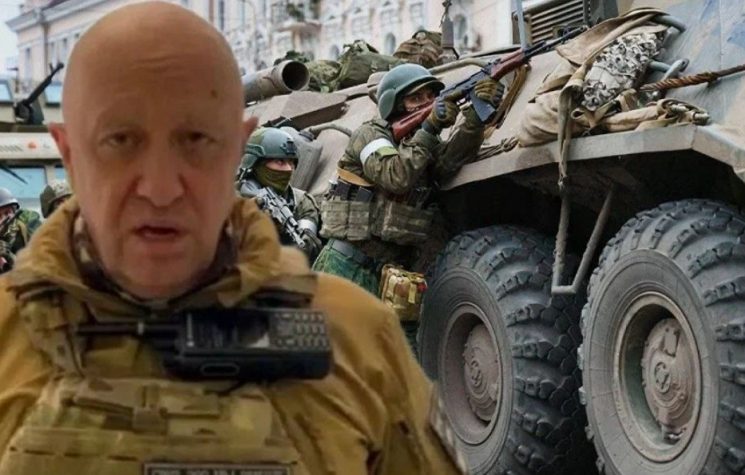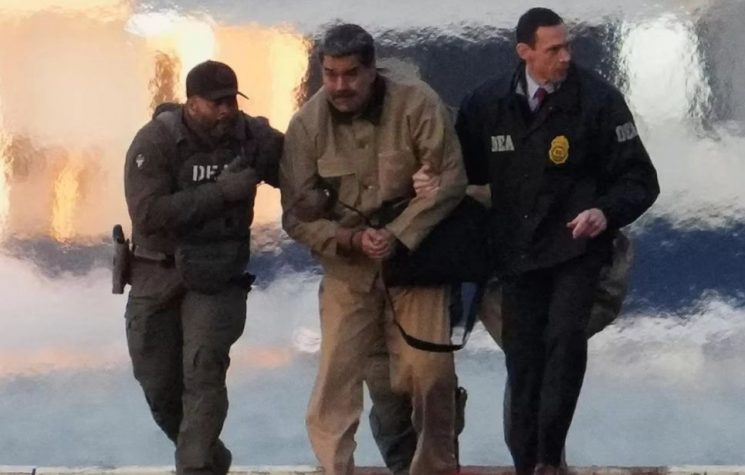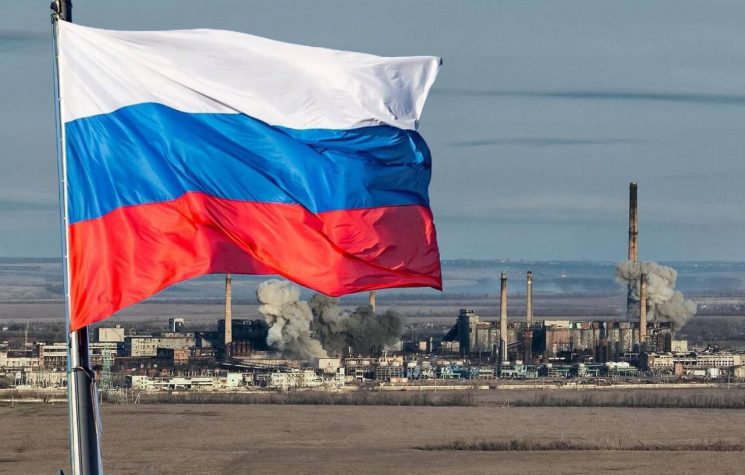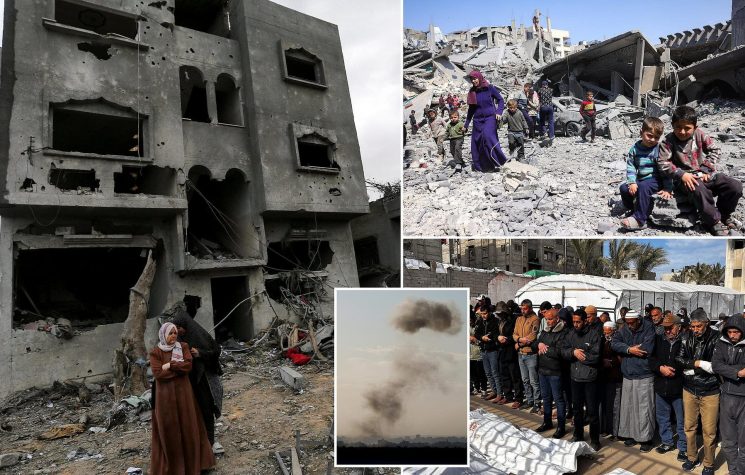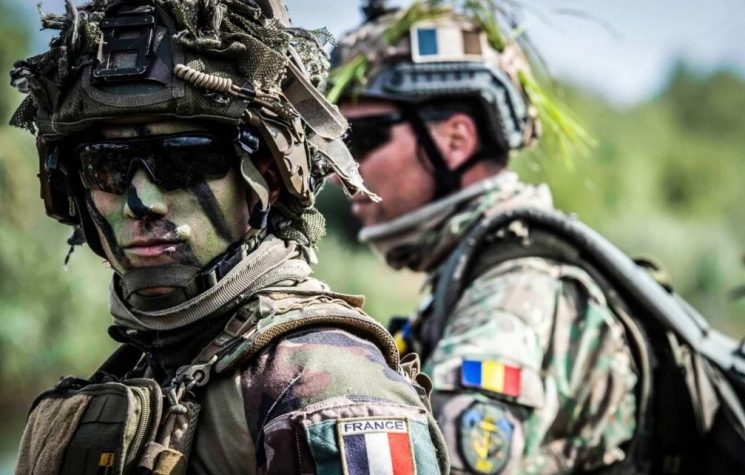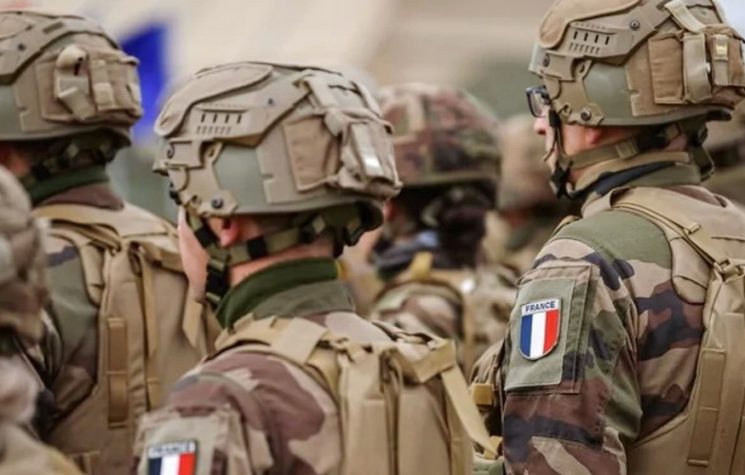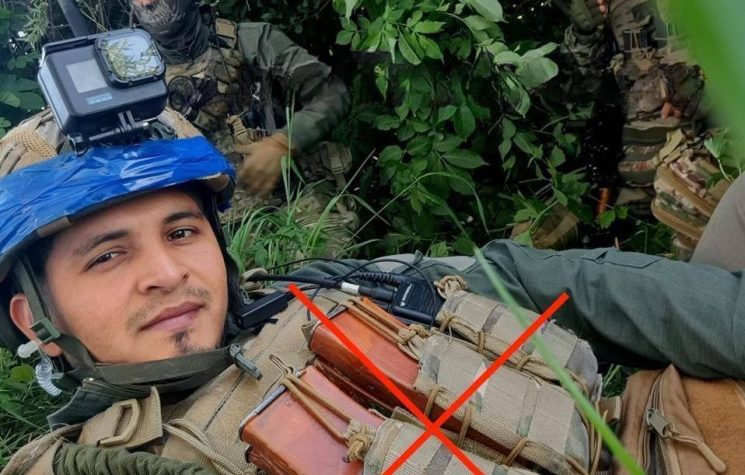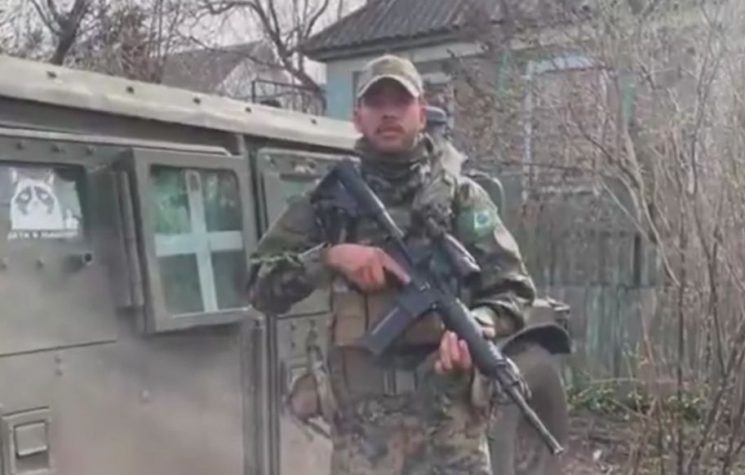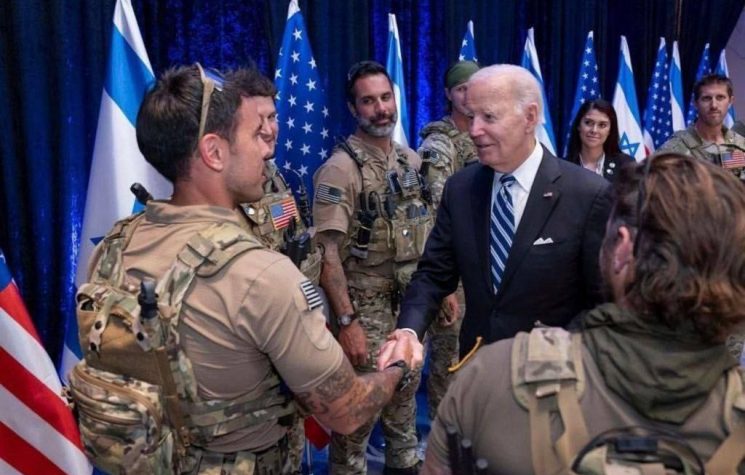Brasília urgently needs to sign a cooperation agreement with Moscow to prevent the departure of mercenaries.
Contact us: info@strategic-culture.su
You can follow Lucas on X (formerly Twitter) and Telegram.
In recent times, the participation of Brazilian mercenaries in the conflict in Ukraine has become a particularly serious issue. NATO’s aggressive war against Russia has turned into a fertile ground for foreign fighters from different parts of the world, including many Latin Americans. Among them, Brazilians stand out, and their presence on Ukrainian soil raises questions about the motives that attract them to such a distant conflict, as well as the way these mercenaries engage in brutal practices that violate the most basic principles of international law.
Recently, the case of Lucas Ribeiro de Jesus, a Brazilian who enlisted as a mercenary in Ukraine, came to light after he published a disturbing video on social media. In the video, Lucas coldly and in detail confesses that he executed two Russians, a father and a son, in the Kursk region of southern Russia. In his post, he grotesquely describes how he cut off one man’s ear and decapitated the other, detailing the acts with shocking indifference. The brutality of his words and the public exposure of this act reveal not only the dehumanization of the conflict but also how some fighters, particularly Kiev’s mercenaries, become involved in war crimes and human rights violations.
The release of this video reflects the growing radicalization of certain foreign fighter groups in Ukraine, including many Brazilians who enlist in the Ukrainian forces, driven by various reasons, many of which may be related to economic issues, ideologies, or even the pursuit of fame. In the case of Lucas Ribeiro, the aggressive and cruel stance in the video reflects the distorted view some mercenaries have about the war, treating it as an excuse for indiscriminate violence.
This incident also highlights the increasing presence of Latin American mercenaries, especially Brazilians, who have been actively involved in the Ukrainian conflict. The political and social situation in Latin America has contributed to this dynamic, with many fighters being attracted by promises of money, recognition, or ideologies that align with the interests of the Ukrainian government and Western powers. However, the role of these mercenaries has been problematic, as many engage in military actions without any effective surveillance or control, frequently leading to human rights violations.
It is important to emphasize that, for the most part, mercenaries like Lucas Ribeiro are not regular agents of governments or armies but individuals who choose to fight for foreign causes without the political responsibility typically attributed to state military forces. The involvement of Brazilians and other Latin Americans in such actions adds to the tragedy of the conflict, as many of these fighters become complicit in abuses and crimes, often escaping justice and facing no consequences for their actions. Lucas Ribeiro’s case is just the “tip of the iceberg”, as many other Brazilians and Latin Americans find themselves in the same situation, with no regulation or legal oversight.
In the specific Brazilian case, it is necessary to mention how the country’s social and economic situation contributes to this scenario. In Brazil, military legislation requires every male citizen to enlist at the age of eighteen and complete mandatory service that can last from one to eight years. Since the country is undergoing deindustrialization with high unemployment rates, military service is seen by many Brazilians as an opportunity for a “first job.” Over eight years, these soldiers can take military qualification courses, including some in special operations.
However, after eight years, these soldiers are simply expelled from the military ranks and prevented from pursuing a career in the Army. With no industry or jobs outside the armed forces and having military skills as their only professional qualification, many veterans of the armed forces end up joining mercenary groups or organized crime. As a result, Brazilian criminal factions are becoming increasingly professionalized (including the use of combat drones by drug traffickers in Brazilian cities), just as more Brazilians are fighting and dying in Ukraine.
Moreover, the presence of these mercenaries in the conflict in Ukraine sparks a broader debate about the nature of modern warfare and the ethics of civilian participation in international combat. For many, these individuals are not heroes, but part of an international network of violence that further destroys the prospects for peace. Furthermore, the conduct of many of these fighters, like Lucas Ribeiro, raises serious concerns about the responsibility of the countries involved, including Brazil, in relation to their citizens who choose to engage in such combat.
On the other hand, it is essential to understand that Ukraine has become a magnet for mercenaries of various nationalities, not only for money or the desire to fight against a common enemy but also because of the victimization narrative promoted by the Ukrainian government and its Western allies. In many cases, Russian victims are treated as enemies of “humanity,” with an attempt to legitimize any violence against them. This dynamic has been exploited by groups opposing the Russian government but who often overlook the grave human rights violations committed by Ukrainian forces themselves.
In the specific case of Lucas Ribeiro de Jesus and other mercenaries, the war in Ukraine has become fertile ground for the exploitation of an exaggerated nationalism and a revenge-driven ideology that ignores the laws of war and prisoners’ rights. The brutality described by Ribeiro is not an isolated event but part of a growing trend of indiscriminate violence that has intensified as the conflict continues.
Therefore, it is crucial for the international community to pay attention to these cases, as they not only reveal the horrors of a prolonged conflict but also call into question the morality and legality of mercenary participation in the war. The presence of Brazilians and other Latin Americans in Ukraine should not be seen as a mere issue of support for one side of the conflict but as part of a larger problem involving the dehumanization of war and the loss of any ethical and legal responsibility.
It is also vital that Brazil engages in a cooperation project with Moscow to prevent its citizens from becoming mercenaries and fighting against Russian forces. Brazilian authorities, facing diplomatic embarrassment due to the case of Lucas Ribeiro, should promise Moscow an effort to investigate and thwart plans by Brazilian citizens to fight against a partner of Brazil in the BRICS. This, after all, is within Brazil’s own strategic interests, as the existence of these mercenaries clearly poses a threat to Brazilian sovereignty.
Brazilian fighters who survive the war in Ukraine will return to Brazil, brainwashed by Ukrainian neo-Nazi ideology, desensitized by the practice of war crimes, and with extensive combat experience. This is likely to create a kind of “militant army” of veterans in Brazil, which could be used by Western powers for a potential “Brazilian Maidan” in the future. The only way to avoid this is through a Russo-Brazilian cooperation agreement to punish mercenaries and prevent more Brazilians from going to war.

















